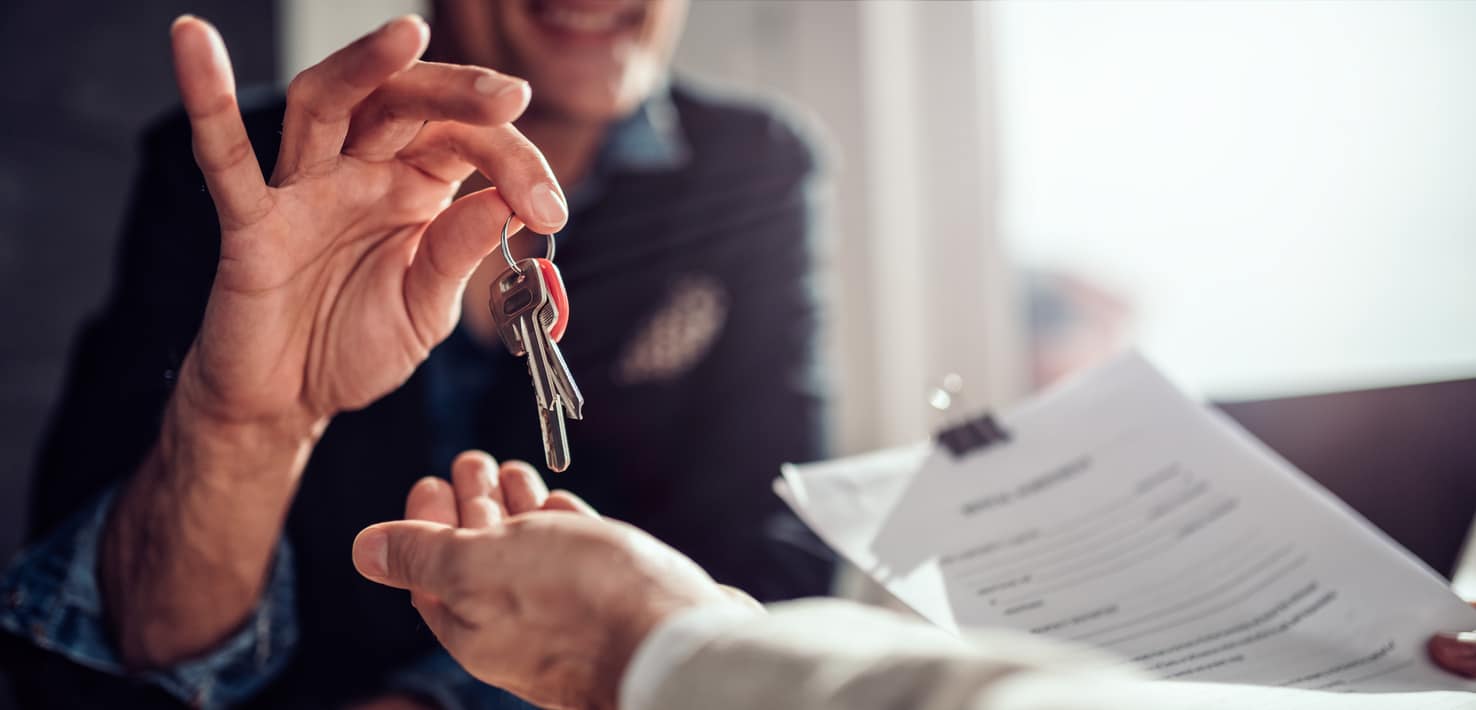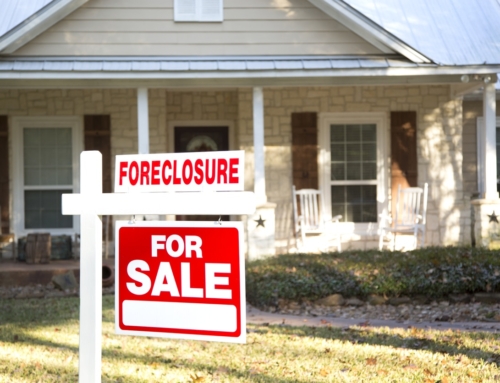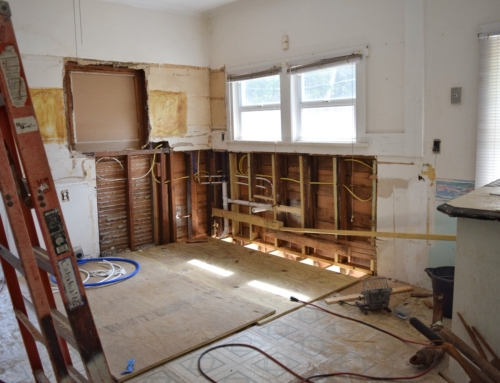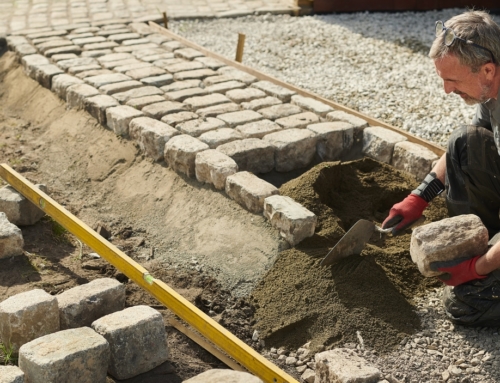Investing in SW Florida real estate of all types has long been proven to be a sound and financially rewarding method of earning passive income. Owning a rental property – or more than one – can add significant return on your investment and provide a growing, positive cash flow.
Investing in a rental property is different than ‘flipping’ real estate properties. A house or condo flipper is looking for a good investment, but usually for the short term. They plan on repairing and updating the property and then put it back on the market for sale, pocketing the profit and often moving on to the next flip.
Owning a rental property usually suits the investor who wants more of a long term investment, holding on to the home and, if planned correctly, realize continued return on their investment for years, often decades.
Let’s take a closer look at putting together a strategy for buying your first rental property here in Florida.
Buying Your First Rental? Make Sure You’re Ready For Everything
When you’re a homeowner, you’ll encounter all the day-to-day maintenance and repair issues related to taking care of the upkeep of the property. The same applies to owning a rental property, unless you use the services of a property management company, which we’ll touch on later.
You need to make sure you’re the type of person who can handle the added duties of taking care of a rental property, which unfortunately amount to much more than just collecting the monthly rent.
As the property owner, you’ll need to deal with all the late-night broken water heater calls, damages, abandonment and eviction issues, actively marketing the property for rent, showing the property to prospective tenants and much more. As long as you’re of the mindset to take care of things like that, you’re ready for the next step.
Run All of the Numbers
Of course, owning a rental property is intended as an investment method to build long term equity and passive cash flow. Knowing the return on investment, or ROI, is critical to deciding if the property is a good investment.
The simple explanation of how to do that is to first determine how much money the property will generate monthly after you have paid all the mortgage, if you have one, property taxes, insurance, property management fees, if any, plus repairs and maintenance.
You also need to consider periods where the property may not have a paying tenant, and you’ll have no income for those periods. Basically, after adding up all of the property’s costs and dividing that by the amount you paid for the property, you’ll determine your ROI.
Smart rental property investors look at this as a key indicator of whether the property is a good investment. If the stock market produces an ROI of 2% to 3% annually and a rental property you are considering will generate an 8% return, that could be a good use of your money.
My Money, or the Bank’s Money?
When buying a rental property, you’ll need to decide to borrow money or use cash you may have on hand. Maybe you just sold a property, have a large amount of money as proceeds and want to use that to buy an investment rental property.
While you will generate more positive monthly cash flow, you won’t have that cash available for anything else, including possibly investing in a second property. There’s an old investment adage that says using “OPM”, or other people’s money, will allow you to keep your cash liquid for potential future investment.
You’ll need to examine the costs of getting a loan as opposed to what your liquid cash could earn for you. Applying for a mortgage loan for a rental property is not unlike the process on your primary residence, with a few added requirements like cash in reserve in the event the property remains vacant, your credit score, tax returns, recent bank statements and more.
Your credit score may determine how much you’ll be required to put down on your investment property.
Finding the Right Property
Once you decide on taking the plunge into the rental property market, you’ll need to seek out the availabilities and start crunching some numbers. It’s easy to identify potential investments just by keeping your eyes open if you drive through the area in which you’re considering investing, and by surfing the internet.
Once you start researching the property, you’ll need to analyze things like the amount of repairs or maintenance the property may need, determine the market value of how much rent you can expect and if the property experiences frequent vacancies, and if it shows a positive ‘income vs. cost’ analysis.
If a tenant – and that means a good tenant who pays their rent faithfully every month and is a responsible person – is already in your targeted investment, all the better.
A good tenant is key to successful rental property ownership. A property with a history of long vacancies, bad tenant issues, or in need of extensive repairs may not be the smartest choice.
When it comes to determining how much rent you can expect to charge for your potential investment, a good method of research is simply looking online for what similar properties, which means properties of a similar size, general condition, and in the same area of town, are renting for.
Some real estate investors use a general “one percent” rule, meaning the rent payment should equal 1% of what you paid for the property.
House, Condo or Commercial
Many rental property investors opt to not get into single-family homes, but instead invest in condominiums, duplexes, multi-unit apartment buildings and commercial or business properties to provide a positive passive income.
Many feel the benefits to being the owner of a commercial property, like a small building, shopping plaza or other real property outweighs the benefits of owning a residential house. Tenants are generally more stable if they are renting space for their business, especially if they’ve been there a long time.
There are often less costs and maintenance needs related to owning a commercial building, and the same ROI principle applies – make sure your net rental income makes sense with your cost of ownership.
Other Things to Consider
Additional considerations to think about when deciding to invest in a rental property include hiring a property management company. If you don’t have the time or handyman skills to handle taking care of the property and deal with the tenant who is renting it, you may be well advised to hire a well-known, reputable property management firm, especially if the property is a long distance away from you.
You’ll likely pay a fee of around 10% for this service, but the benefits can be well worth it. Not only will they be responsible for collecting the rent each month, but they will also track all financial transactions on the property like repairs and maintenance – critical for your tax purposes – take care of hiring the right contractor for any repairs, and act as your agent in case a tenant needs to be evicted or is found to be engaged in an activity that violates the rental agreement.
Whether you pay cash or take out a loan for buying your first rental investment property, doing your research and sharpening your pencil on all the details can create an excellent cash flow of passive income and future peace of mind and security.







Leave A Comment